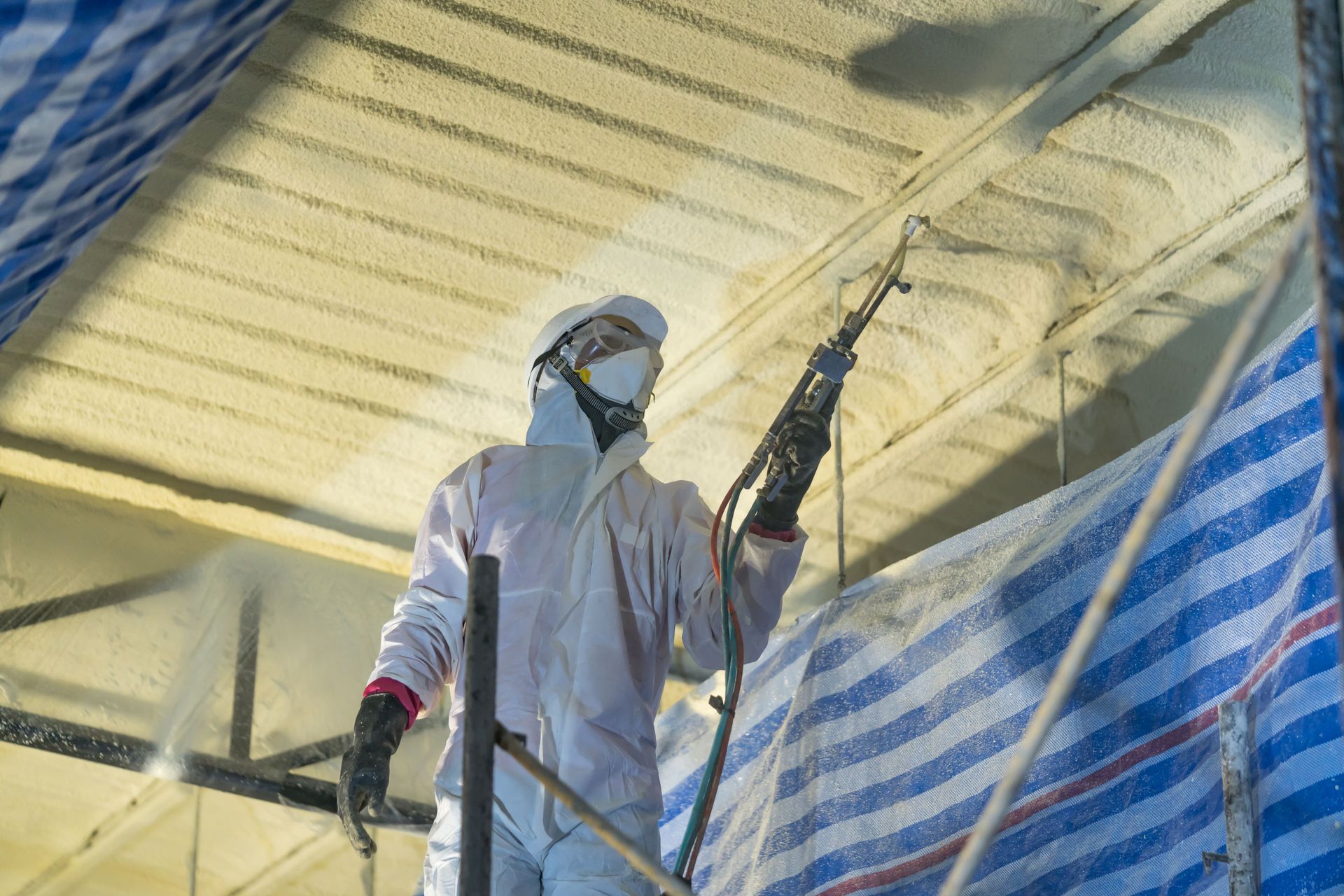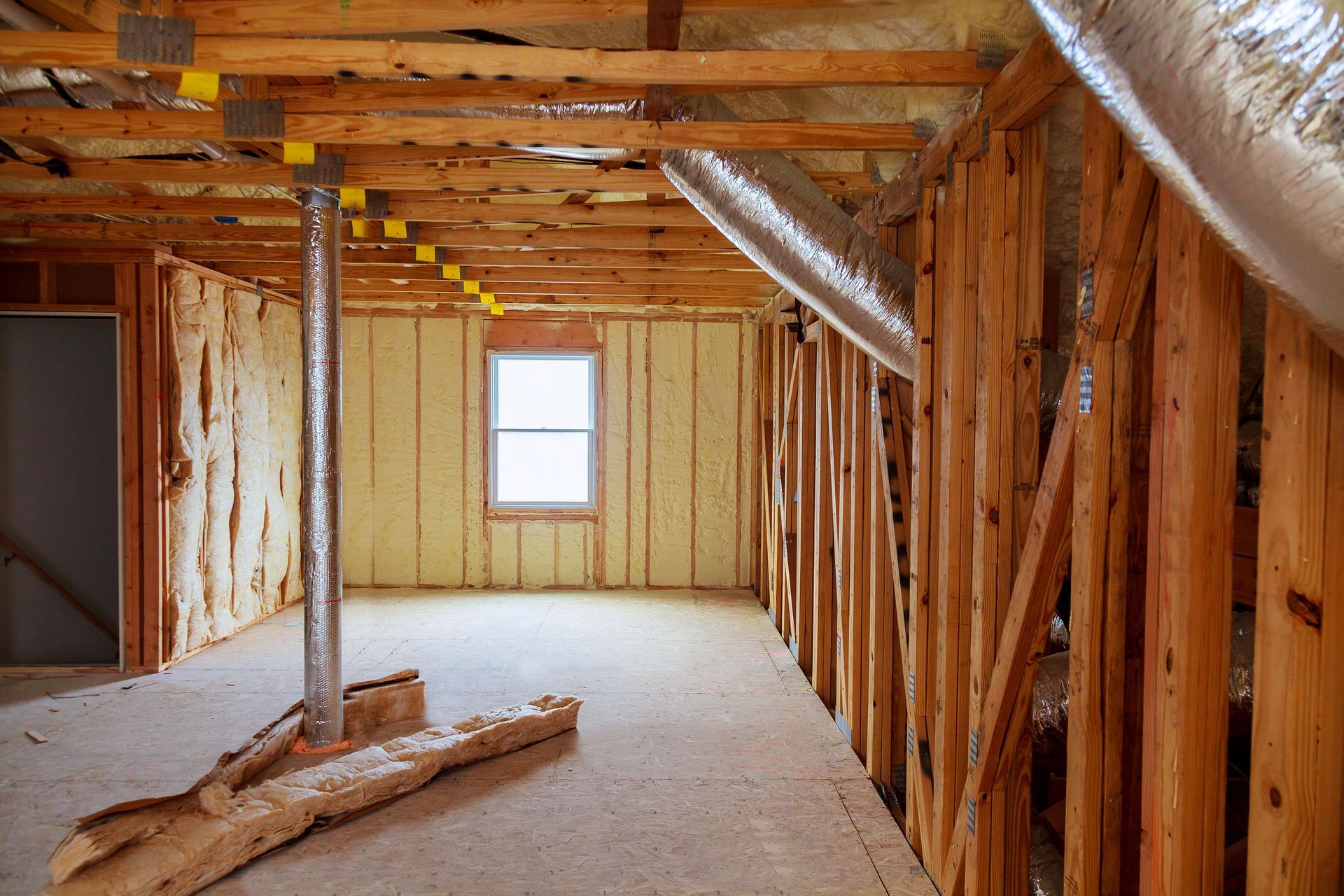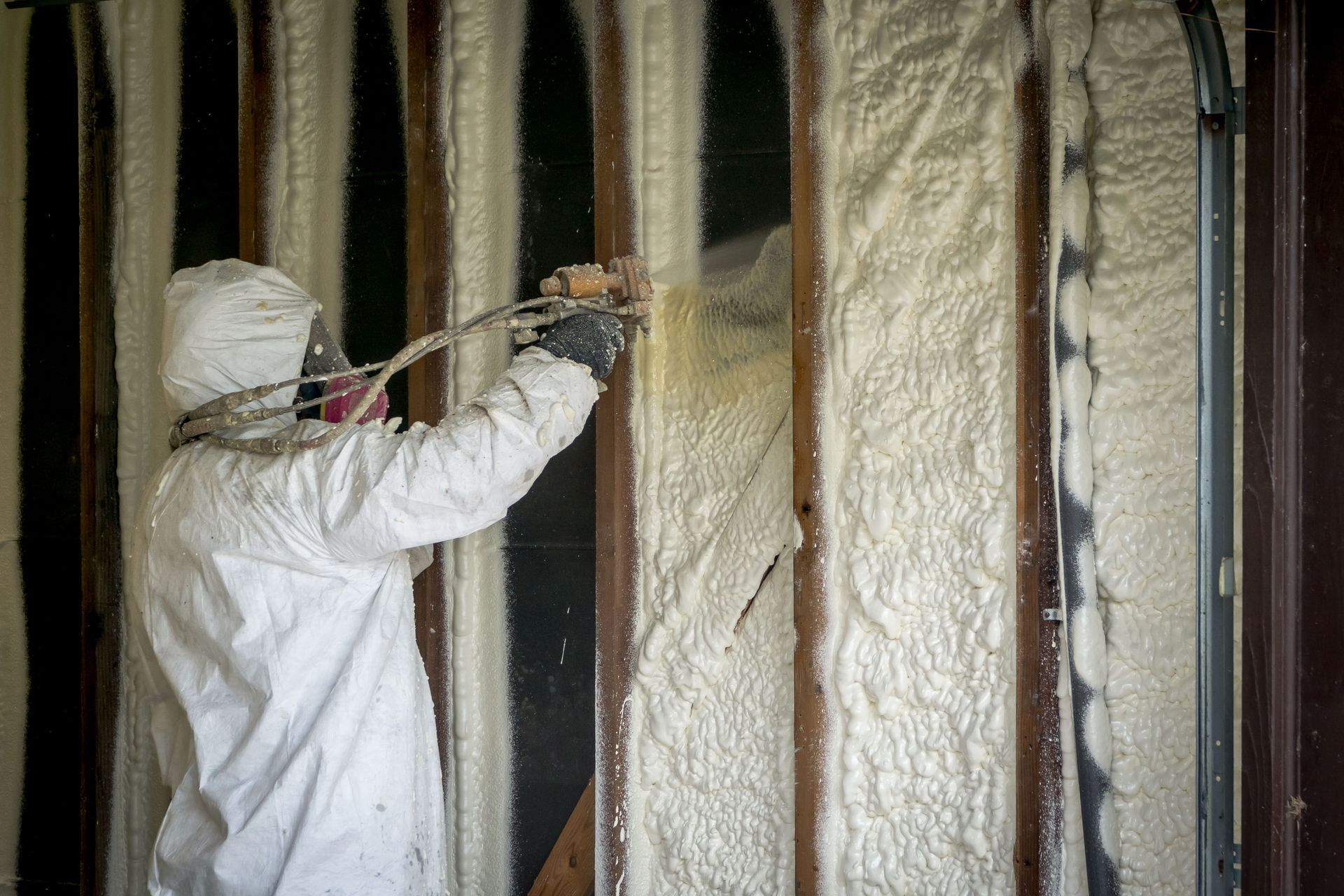November 17, 2025
Understanding the importance of proper insulation in commercial properties is crucial for maintaining energy efficiency and comfort. This article explores the various signs that may indicate the need for new insulation to optimize energy use and reduce costs. Effective insulation serves as one of the primary defenses against heat transfer within a building, significantly impacting energy consumption. When insulation fails, it not only affects the comfort of occupants but also leads to unnecessary expenses and environmental impact. By recognizing the symptoms of insulation failure, building owners can make informed decisions to enhance their properties.
Increasing Energy Bills
One of the most telling signs that you may need a commercial insulation contractor is an unexplained increase in energy bills. Analyzing energy usage trends is the first step in identifying potential issues. If you observe a consistent upward trend without a corresponding increase in utility rates or operational changes, this indicates a likely problem with the insulation. According to Verified Market Reports, the EPA reported that insulation can lower heating and cooling costs by as much as 30%, highlighting its crucial role in sustainable building practices. Therefore, comparing your energy costs with industry standards can provide valuable insights into whether your energy expenses are excessively high.
Detecting inefficiencies in HVAC systems can also point to inadequate insulation. When insulation is inefficient, HVAC systems must work harder to maintain desired temperature levels, leading to higher consumption and wear and tear. Additionally, seasonal variabilities in utility bills may become more pronounced without proper insulation. During extreme temperatures, poorly insulated buildings require more energy to heat or cool, thus significantly affecting your bills. Engaging professional energy auditors can aid in pinpointing areas where insulation may be failing.
Energy auditors utilize specialized tools and techniques to assess heat loss and gain within the building. They can provide a detailed analysis of energy consumption patterns and identify inefficiencies in the building envelope. By addressing these issues, property owners can expect improved energy efficiency and reduced operational costs. This proactive approach not only lowers expenses but also contributes to environmental efforts by reducing the building's carbon footprint. Therefore, considering the insights from professionals can be a wise investment for long-term savings.
Fluctuating Indoor Temperatures
Fluctuating indoor temperatures are another common indicator that a property's insulation may need an upgrade. If occupants or facility managers notice inconsistent room temperatures, particularly between different areas of the building, it may be due to insufficient insulation. Inadequate insulation allows external temperatures to have a greater influence on the indoor environment, causing some rooms to be warmer or cooler than others. Monitoring how often thermostats need adjustments can also provide clues. Frequent adjustments suggest that the HVAC system is struggling to maintain the set temperature, which is often a sign of insulation issues. A commercial insulation contractor can help with this issue.
Drafts and cold spots within the property are also clear signs that insulation is not performing effectively. These areas typically indicate that the insulation is uneven or has deteriorated, allowing conditioned air to escape and external air to enter. Thinking of insulation as an essential component of occupant comfort can help prioritize its maintenance and upgrading. Proper insulation not only ensures a stable and comfortable indoor climate but also minimizes the workload on HVAC systems. Considering the installation of technological solutions for monitoring indoor temperature variations can also be beneficial.
Technological solutions, such as smart thermostats and other IoT devices, can provide real-time data about temperature fluctuations. These tools allow for more precise monitoring of the building's thermal performance, aiding in the identification of insulation failures. Accurate data collection can guide maintenance efforts and ensure that insulation improvements are correctly targeted. This can lead to a more comfortable and energy-efficient environment for occupants. Investing in such technology can yield valuable returns in terms of both comfort and cost savings.
Increasing Condensation and Moisture Issues
Issues with moisture control often signal the need for new or upgraded insulation from a commercial insulation contractor. Insulation plays a critical role in managing moisture levels within a building. When functioning correctly, it helps prevent condensation, protecting the property from structural issues. Recognizing condensation on windows and walls is a clear indicator that insulation might be compromised. Frequent condensation might lead to mold and mildew, posing health risks and further damaging the building.
Identifying water leaks is crucial in addressing moisture-related insulation issues. Leaks can penetrate inadequate or damaged insulation, exacerbating the problem. Advanced moisture detection techniques allow for more effective identification of affected areas. Implementing comprehensive moisture management solutions can prevent future damage and improve the overall performance of the insulation. By addressing moisture issues, property owners safeguard against deteriorated insulation and its associated risks.
Implementing moisture management involves solutions such as improved ventilation systems and moisture barriers, which play a significant role in preventing excessive humidity and condensation. Comprehensive solutions often include the use of moisture-resistant insulation materials, which remain effective even when exposed to limited amounts of water. This proactive approach ensures the long-term integrity of the insulation, preserving energy efficiency and the health of the building. By focusing on moisture control, your commercial insulation contractor can maintain both the structural integrity and comfort of your commercial property.
Increasing Noise Pollution
Noise pollution is an often-overlooked sign that a property's insulation may need attention. Evaluating the sound insulation qualities of your building can offer insights into whether the current insulation is meeting expectations. Effective insulation not only manages heat transfer but also acts as a barrier to external noise. If occupants notice increased noise intrusion, it could suggest that the insulation is inadequate or deteriorating. Considering complaints about noise from occupants can assist in identifying areas that require improved sound-dampening measures.
External noise intrusion can create an uncomfortable working environment, impacting productivity and satisfaction among occupants. Therefore, calling a commercial insulation contractor for sound-dampening insulation can address both thermal and acoustical concerns. Some insulation materials are specifically designed to reduce noise pollution while improving energy efficiency. Understanding the link between insulation and acoustics highlights its multifaceted benefits in commercial spaces. By investing in suitable insulation materials, property owners contribute to a quieter and more pleasant environment.
Improved sound-dampening solutions can be part of a broader strategy to enhance the building's overall performance. Technologies such as acoustic panels or barriers, combined with high-quality insulation, can significantly reduce noise pollution. These measures create a more conducive environment for work and engagement, leading to higher satisfaction among tenants and employees. Greater occupant satisfaction often translates to improved lease renewals and value for the property owner. Therefore, addressing noise issues through insulation enhancements is both a practical and financial decision.
Deteriorating Air Quality
Poor air quality within a commercial property can also indicate problems with insulation. Investigating insulation's contribution to air quality concerns is an essential step in addressing this issue. Inadequate insulation can lead to uncontrollable air leaks and infiltration, allowing external pollutants to enter the indoor environment. These breaches compromise the air quality, creating an unhealthy atmosphere for occupants. Detecting allergens and dust accumulation within the property further confirms issues with insulation.
Ventilation systems play a critical role in maintaining air quality, but they can only do so effectively when paired with proper insulation. Without adequate insulation, clean air from ventilation systems easily escapes, making air purification efforts less efficient. Recognizing the role of insulation in overall building health can guide necessary improvements. Additionally, exploring the health impacts of poor insulation highlights the importance of addressing air quality proactively. Concerns about employee health and well-being reinforce the need for high-performance insulation materials.
Recognizing these signs and addressing insulation issues promptly can lead to improved energy efficiency, comfort, and cost savings. By taking proactive steps and seeking professional advice when needed, commercial property owners can ensure their buildings remain well-insulated and efficient. Understanding the importance and benefits of insulation empowers property owners to make informed decisions that contribute to their properties' success. If you're looking for a commercial insulation contractor you can count on, reach out to our team at North Central Insulation today!






